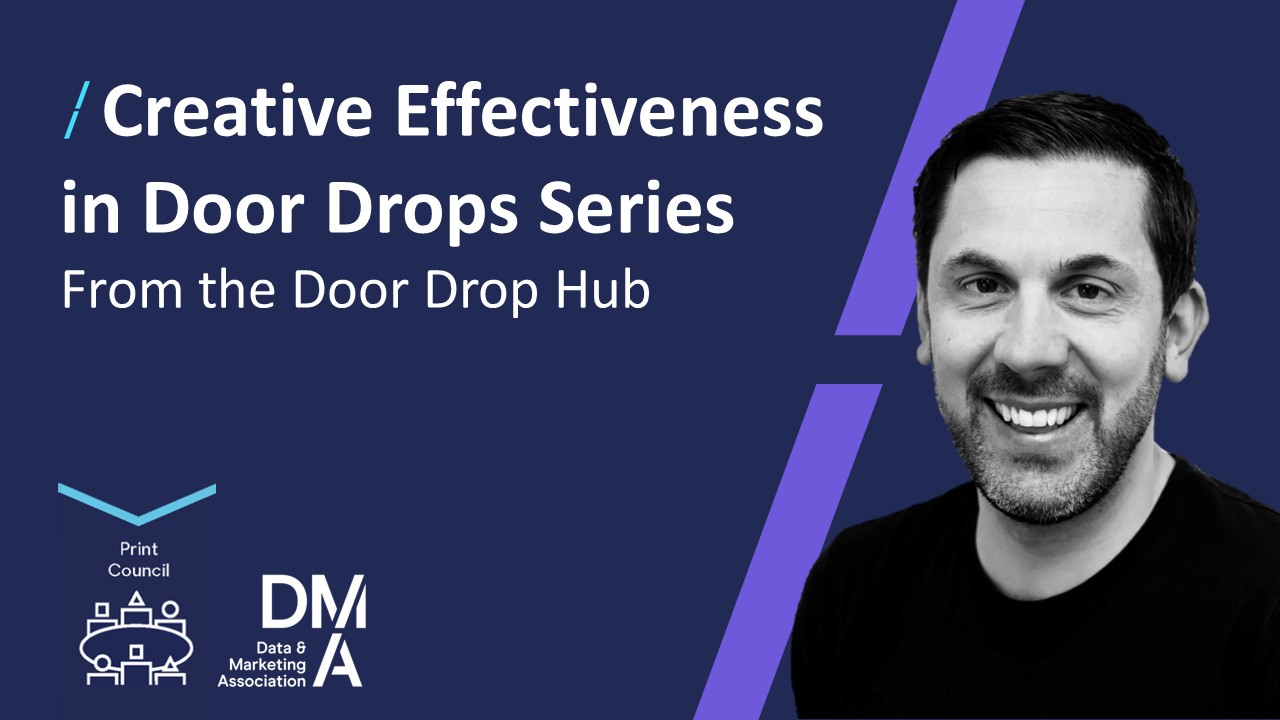Bringing brand purpose down to earth
10 Nov 2017

Brands play a powerful role in the everyday lives of people across the world. Recently, we’ve worked with a number of brands to solve a particular challenge many of them face: how to stay relevant to people in a constantly changing world. We believe that to create enduring relevance for a brand, you need to root everything in your purpose. This is what you make possible, not just what you make - the deliberate and considered way in which you make people’s lives better. If this is rooted in a fundamental human truth, it will always be as relevant tomorrow as it is today.
So brand purpose needs to be about changing the world, right?
No, it doesn’t. Brand purpose needs to be true to who you are and why you do what you do. It has to be positive, but it has to be believable. The best brand purposes come from rising above your category to understand what fundamentally matters to people in their lives – such as feeling comfortable, content, and confident – and then bringing it back down to how you can credibly deliver on what matters to them.
Pepsi and Kendall Jenner have learned the hard way what happens when you get lofty with your brand in a way that’s totally inauthentic to what you actually do. They identified a fundamental need for justice and equality, but it’s tricky to root this in what they actually do – which is (fundamentally) to make tasty drinks that provide enjoyable refreshment.
But just because you’re not always inspiring a movement, or solving a global issue at scale, doesn’t mean you’re not playing an important role. Brands touch every single part of our day-to-day life, and can be a positive force in big or small ways.
Making someone’s life that little bit better can go a long way.
This is a value that two incredibly successful brands - Ikea and Persil - have taken to heart.
Ikea’s long held purpose is simply ‘to create a better everyday life for the many people’. Their proposition is expertly-designed, snazzy furniture that doesn’t break the bank, but does let everyone experience style and function in a way that works for modern homes. They help to create a more ‘wonderful everyday’ for all those who aspire to it.
Persil’s purpose is ‘to give children the freedom to get dirty, experience life and grow’. They proclaim that ‘dirt is good’, and champion childhoods full of mess, bringing a little bit more magic, silliness, and satisfaction into the everyday. They broke all category rules when they shifted their proposition from something that makes white whiter than white, to an easy solution to the inevitable dirt that covers the clothes of happy, fulfilled kids.
You need to walk the walk, not just talk the talk.
Purpose that is too ‘worthy’ becomes just another marketing cliché. A recent report by the Trinity Mirror and Ipsos Connect has shown that 58% of adults don’t trust a brand until they have seen ‘real world proof’ that it has kept its promises. They’re hearing too much why, with not enough how.
Understanding ‘how’ to live your purpose takes deep understanding of who your consumers are and what really matters to them. For Ikea, this involves producing an annual report on ‘Life at home’, where Ikea employees spend time in thousands of homes across the world to understand daily routines, what people’s painpoints are and what they dream about. For Persil, this has involved ongoing research into things like the importance of playing outside to parents and children.
Bringing this brand philosophy to life is vital in how you develop and deliver products and services, but also in the way you tell your story. Persil has produced a rather controversial, but certainly provocative, film exploring the insight that ¾ of children spend less time outside than prisoners. And Ikea recently created a moving story of a boy guiding his mum home from a late shift at work, with lamps borrowed from the neighbours, beautifully elevating the everyday routine. And Ikea have also bought this to real life. To mark their recent opening of a new store in Sheffield, they created a ‘Wonderful Everyday’ tour of the city to celebrate ‘the little things in life that make the everyday more wonderful’, with small wonders like the tram given a makeover, cushions on public benches, and hotdogs for everyone.
Grounded, genuine and believable doesn’t mean unambitious.
Bringing your purpose down to earth, rooting it in the everyday and ensuring you speak to the consumer in the right way is brave. It will impact every part of your business, require real commitment, and will mean that sometimes, you have to know your limits.
Any brand can have a powerful, positive impact on peoples’ lives. Don’t be intimidated or feel as though you’ve always got to go big or go home. You don’t have to change the world to change someone’s world.
Photo by Filipe Dos Santos Mendes on Unsplash





Please login to comment.
Comments